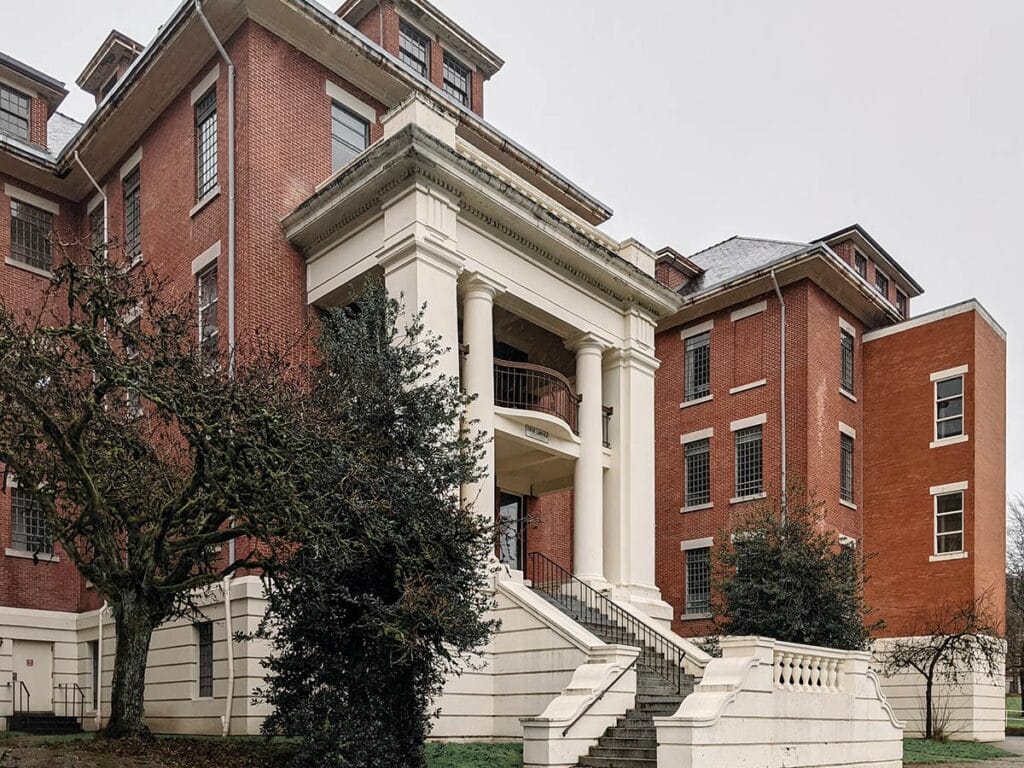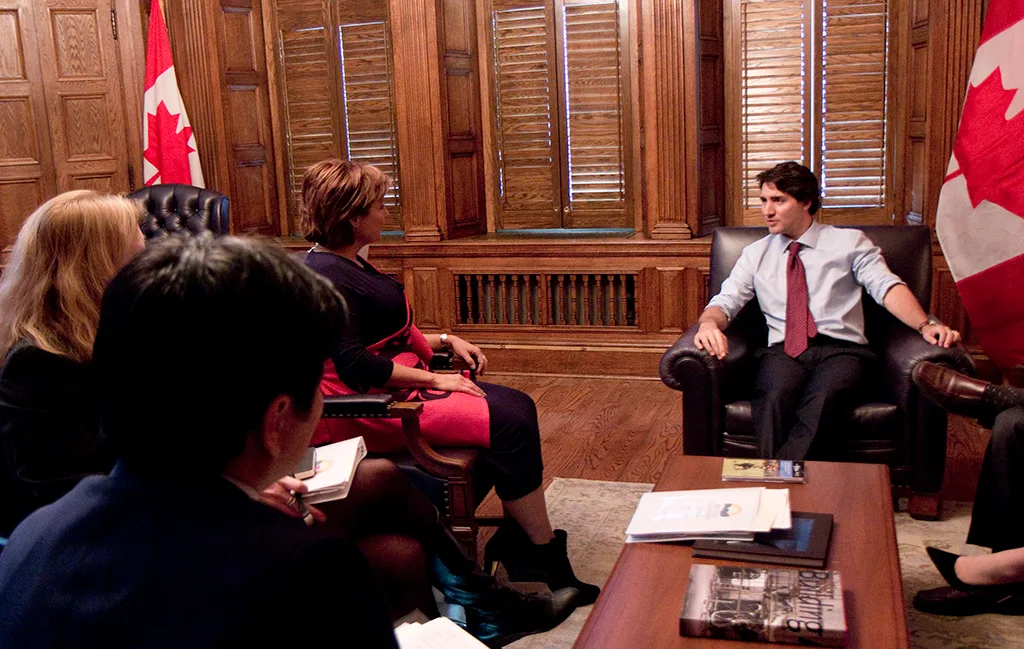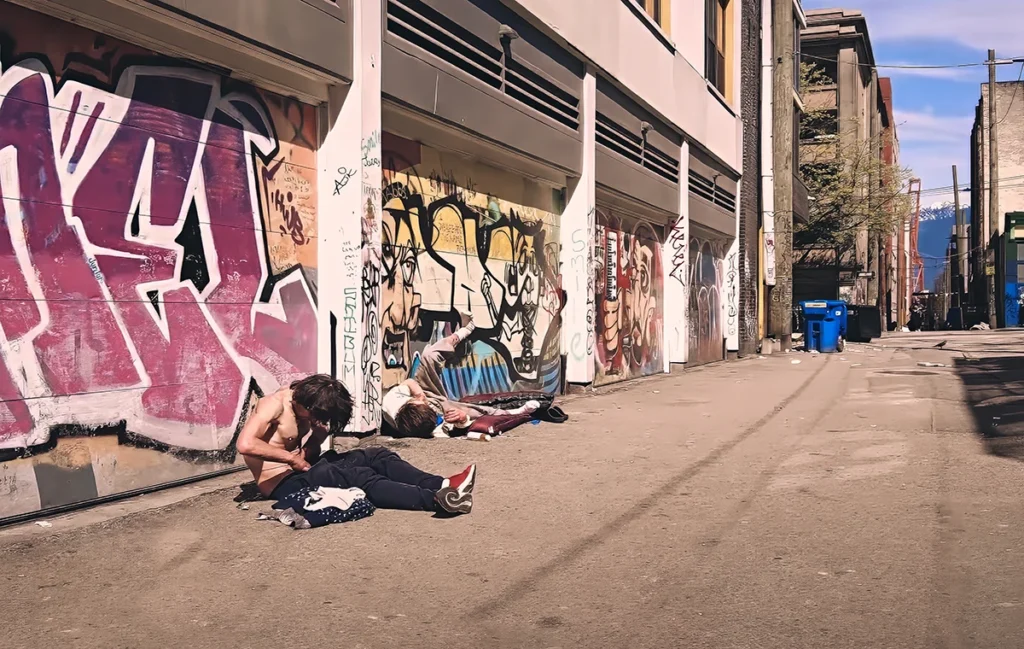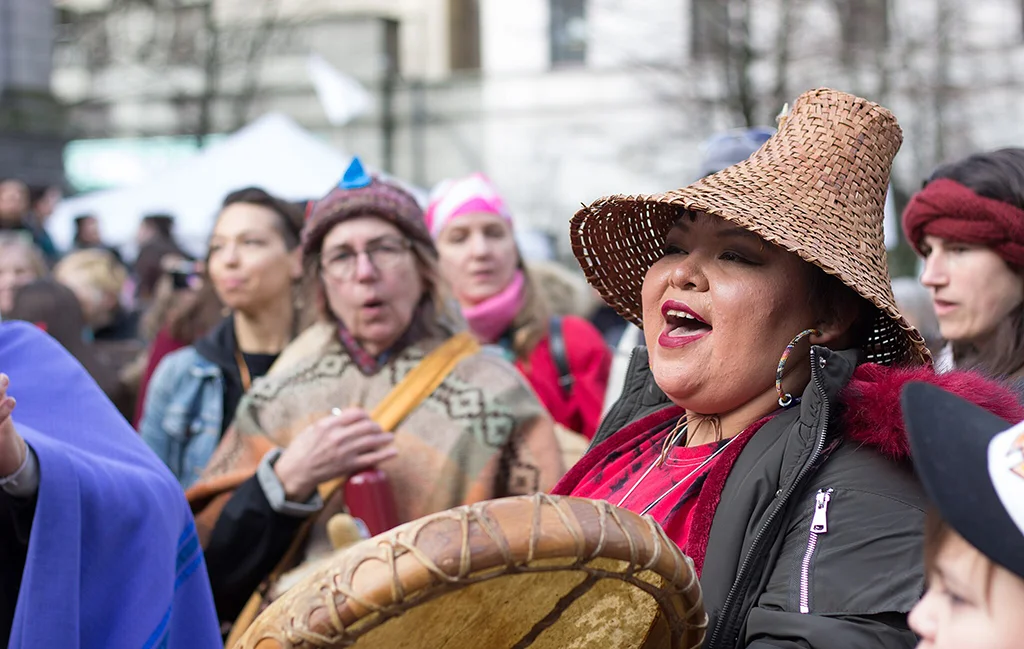British Columbia is at a crossroads, facing a public health crisis that has claimed the lives of more than 14,000 people due to drug overdoses in the past eight years. As the addiction and mental health crisis worsens, political parties across the spectrum have struggled to find the right balance between harm reduction, prevention, and treatment. John Rustad, Leader of the Conservative Party of British Columbia, has introduced a comprehensive strategy—the BC Recovers Plan—to address these complex issues head-on. While the plan criticizes the NDP and federal Liberal approaches, it brings forth several ideas aimed at prevention, recovery, and safety.
The Debate Over Decriminalization and Safe Supply
At the heart of the political debate is the question of decriminalization and safe supply—policies that have defined British Columbia’s recent approach to drug addiction. The NDP, led by Premier David Eby, has implemented policies that decriminalize the possession of small amounts of certain hard drugs and distribute safer alternatives in an effort to reduce overdose deaths. These policies, modeled after approaches in Portugal and other countries, are based on the belief that harm reduction can prevent immediate deaths and provide users with access to support services.
However, critics, including Rustad and the BC Conservatives, argue that this experiment has failed. Rustad claims that decriminalization and safe supply have made matters worse by enabling addiction rather than encouraging recovery. “The reckless policies of decriminalization and drug distribution have devastated communities,” Rustad says. “It’s time to focus on real recovery, not enabling addiction.”
While the BC Conservatives call for an immediate end to these programs, supporters of harm reduction argue that these policies are not intended to solve the crisis overnight but to save lives in the short term. Many believe that without safe supply and decriminalization, overdose deaths would be even higher, as people would turn to toxic street drugs. Proponents of harm reduction emphasize the need for a compassionate approach that recognizes addiction as a public health issue rather than a criminal one.
A Strong Emphasis on Prevention
One of the cornerstones of the BC Recovers Plan is its focus on prevention. Rustad proposes a range of initiatives designed to stop addiction before it begins, including comprehensive drug education programs and the appointment of an Addictions Specialist to oversee the government’s response. The Conservative Party believes that prevention is key to reducing the number of people who fall into addiction, especially among youth.
“We refuse to accept addiction as a lifestyle choice,” Rustad states, emphasizing that education and early intervention are vital to long-term success. The plan also includes measures to disrupt the supply of dangerous drugs flowing into the province, working with law enforcement to target traffickers.
From the opposite side of the political spectrum, critics may argue that while prevention is important, it cannot be the only focus. Addiction, mental health, and homelessness are often linked to complex social issues, including poverty, trauma, and inadequate housing. Addressing these root causes requires more than just education and tougher drug enforcement; it requires a broader approach that includes social services, mental health care, and affordable housing.
Treatment and Recovery
Perhaps the most universally agreed-upon need in British Columbia is for improved access to treatment and recovery services. Whether on the right or left, most stakeholders acknowledge that the current system is underfunded and disjointed, leaving many people unable to get the help they need. The BC Recovers Plan promises to overhaul this system, cutting down wait times and ensuring that treatment is available without financial hardship.
“We will make BC the North American model for drug treatment and recovery,” Rustad promises. “We will end the cruel delays, close the dangerous gaps between detox and care, and build recovery communities that provide professional, compassionate care for as long as it takes.”
This focus on expanding treatment options is a point that resonates with many across the political spectrum. Advocates from both harm reduction and abstinence-based recovery approaches agree that more treatment beds, counselling services, and long-term recovery programs are desperately needed. However, some critics of Rustad’s plan may argue that it doesn’t go far enough to integrate harm reduction services into the recovery model. Many believe that recovery should include a wide range of services that meet people where they are, recognizing that recovery is not a one-size-fits-all solution.
Accountability in Harm Reduction
The Conservative Party has been vocal about what it sees as the shortcomings of the NDP’s harm reduction strategy, which they believe has been allowed to “spiral out of control.” Rustad criticizes the current government for focusing too heavily on harm reduction without providing clear paths to recovery, leading to what he describes as a “free-for-all” approach that permits open drug use near schools and playgrounds.
“We will ensure that every safe consumption site becomes a meaningful gateway to treatment,” Rustad says. “No more dead ends for people in crisis.”
Supporters of harm reduction, however, argue that these services are essential to keeping people alive long enough for them to seek help. Safe consumption sites, for example, are designed to reduce the harm associated with drug use, offering a controlled environment where people can use substances with medical supervision, thus reducing the risk of overdose. These sites also provide access to social workers, nurses, and counsellors who can help users take steps toward recovery.
The question remains: how do we balance harm reduction with the need for long-term recovery? This is an issue that has divided experts and policymakers across the political spectrum. While Rustad’s plan calls for accountability and a stronger focus on treatment, others believe that the two approaches should work hand in hand.
Compassionate Intervention and Christian’s Law
One of the most controversial aspects of the BC Recovers Plan is the introduction of Christian’s Law, which allows for involuntary treatment in cases where individuals are incapable of making life-saving decisions due to their addiction. Named after a young man who died after repeated attempts by his family to seek involuntary treatment on his behalf, this law aims to protect the most vulnerable.
“Drug addiction often robs people of their ability to choose life-saving interventions,” Rustad explains. “We won’t abandon them. Christian’s Law will provide compassionate intervention for those who can’t ask for help themselves.”
While this approach is seen by some as a necessary tool to prevent more deaths, others view it as an infringement on personal autonomy and civil liberties. Critics argue that involuntary treatment, while well-intentioned, may not always result in successful recovery and could further traumatize individuals who are already struggling. The challenge is finding a balance between protecting public health and respecting individual rights.
Mental Health
At the heart of Rustad’s mental health vision is the redevelopment of the historic Riverview Hospital site in Coquitlam. Announcing the plan from the grounds of the former psychiatric institution, which served British Columbians for over a century before its closure in 2012, Rustad emphasized his party’s commitment to transforming the site into a “leading centre of excellence in Canada for mental health care and addictions recovery.” The 244-acre property has seen several redevelopment proposals over the past decade, including a master plan led by BC Housing under BC Liberals. Rustad’s vision echoes these previous attempts but with a renewed focus on creating secure treatment facilities and modern healthcare infrastructure.
The BC Recovers Plan addresses mental health care, as it is inextricably linked to addiction. Rustad argues that the current system leaves too many British Columbians without timely access to mental health services, and he vows to expand access, enforce strict wait-time regulations, and improve mental health support in schools.
This focus on mental health resonates across party lines. Advocates have long called for better integration of mental health services into the broader health care system. While Rustad’s plan emphasizes efficiency and access, others may argue that broader systemic changes are needed to address the underlying causes of mental health challenges, including poverty, housing instability, and social inequality.
A Symbol of Crisis
The Downtown Eastside (DTES) in Vancouver has become a symbol of the addiction crisis in British Columbia. Once a vibrant community, the DTES has seen an increase in open drug use, homelessness, and crime, particularly following the decriminalization policies introduced by the NDP government. Rustad’s plan calls for significant changes in how the province deals with areas like the DTES, emphasizing recovery-focused solutions over harm reduction alone.
For many, the DTES represents the challenges of balancing public safety with compassionate care for those struggling with addiction and mental health issues. The question remains: how can we protect communities while also offering meaningful help to those in need?
A Call for Dialogue and Action
As British Columbia continues to grapple with its addiction and mental health crisis, the BC Recovers Plan offers one vision for the future. It’s a plan that calls for bold changes, from ending decriminalization and safe supply to increasing treatment capacity and introducing involuntary care. While Rustad’s approach has its critics, it has sparked an important debate about how best to address one of the province’s most pressing issues.
Whether you support harm reduction, recovery-based models, or a combination of both, the need for action is undeniable. The BC Recovers Plan opens the door for further discussion—one that will require input from all sides of the political spectrum if we are to create a healthier, safer British Columbia for everyone.
While the Conservative Party’s BC Recovers Plan has resonated with many who are eager for a new approach to the province’s addiction and mental health crisis, it’s important to remember that election promises and reality often diverge. Rustad’s vision offers hope, but British Columbians should remain cautious when weighing these big promises. History has shown that campaign proposals can sometimes fall short when faced with the complexities of implementation. As with any election, it’s wise to take these bold commitments with a grain of salt and closely watch how they translate into actionable policies if elected.
Glenn is dedicated to scrutinizing government actions affecting the Downtown Eastside and holding those in power accountable for their commitments. With a focus on transparency and policy analysis, his writing aims to expose gaps between promises and outcomes, pushing for meaningful changes that benefit the community.







Leave a Comment